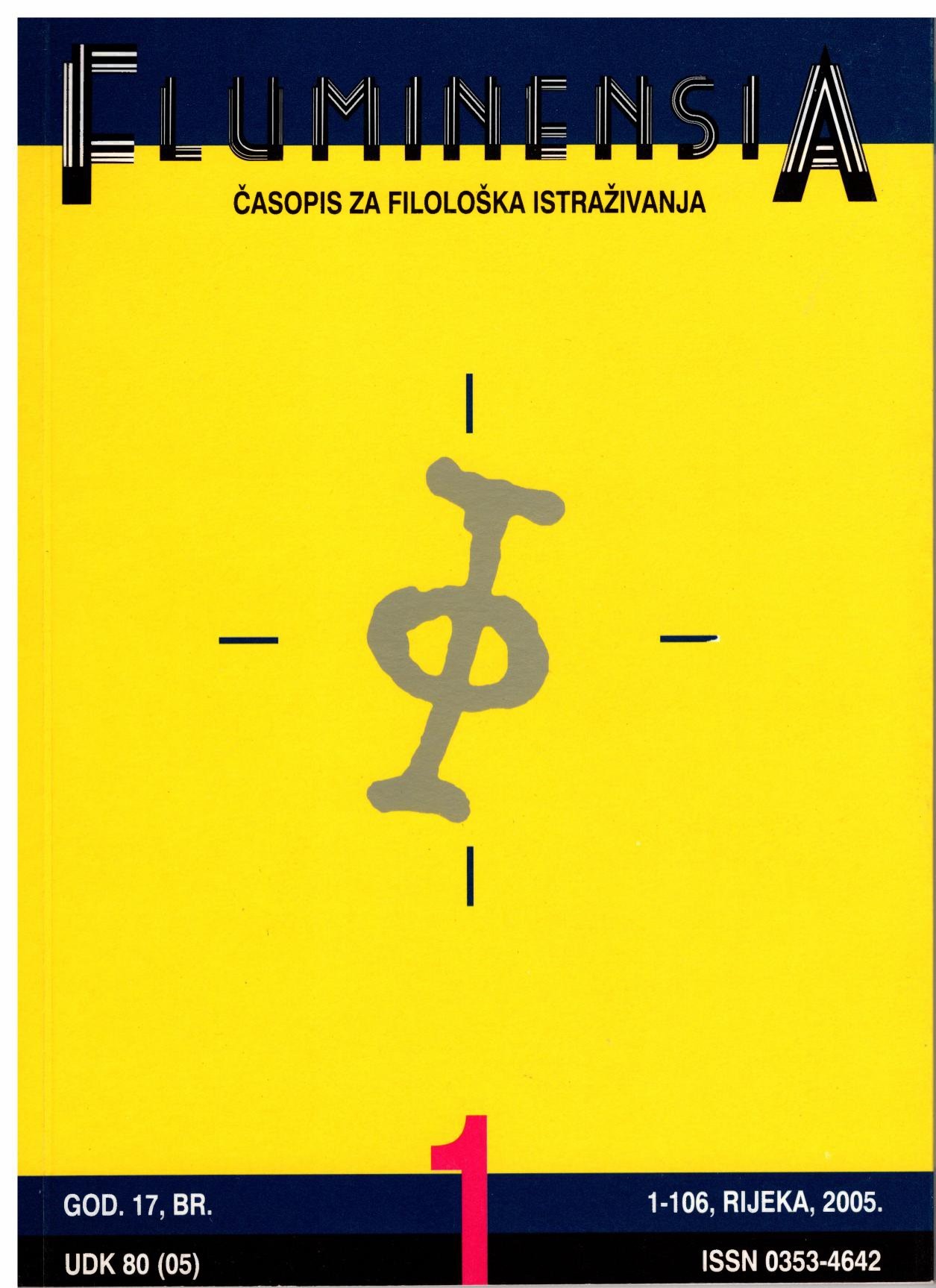THE CATEGORY OF COUNTABILITY IN THE CROATIAN LANGUAGE
Keywords:
category of countability, Croatian language, noun, appelativisation, deappelativisationAbstract
This paper considers the category of countability as a category established on the lexical meaning of nouns. The lexical meaning of nouns can be dually structured, in a unit and mass forms, relative to the opposition one ≠ many. The category of countability has its content and expression. The content of the category of countability consists of the feature [± countable], and its marker [+ countable] and [- countable]. A noun is countable if its content can be conceived as a unit opposed to mass (table, apple). A noun is uncoutable if its content cannot be perceived as a unit that could be opposed to mass (water, sugar).
The expression of the category of countability depends on its content. In the Croatian language the category of countability has its expression in the grammatical category of number and its grammems: singular and plural. These two grammems are formally, and frequently accentually, distinctive from the majority of nouns.
The analysis focuses on the meaning of nouns, while their expression is considered as a possible indicator of semantic relationships the category of countability is based on. The paper analyses pluralia tantum and singularia tantum, and their different status countability-wise.
It points out the possibility of semantic recategorization of nouns and thus demonstrates a dynamic quality of the category of countability. It also analyses the process of appelativisation (eponomisation) of personal names, and the process of appelative deappelativisation. It shows the relationship between the category of countability and the category of definiteness, when definiteness is expressed by an adjectival aspect.

